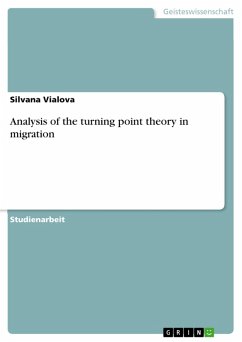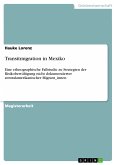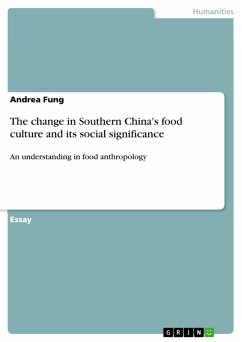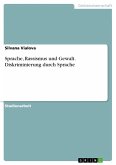Studienarbeit aus dem Jahr 2015 im Fachbereich Ethnologie / Volkskunde, Note: 1,3, , Sprache: Deutsch, Abstract: People are migrating with the hope of gaining a better well-being outside of their home country, thinking that while being abroad, they will be able to find what their own country cannot give them. As Indonesia is the fourth most populous country in the world there are of course many citizens with different ideas about what well-being means. But it can be supposed that quite a high number is not satisfied with Indonesia as a home country due to the rising numbers of emigrants over the years. Neither, a declining fertility rate, nor rising education, an improving health system or a better transportation system could stop this trend so far, although scientists entitled the country as a "sleeping giant" just waiting to awake (Tirto-sudarmo 2003: 4). The crucial question now to ask is, when Indonesia is going to awake, when the immense outflow of labour migrants will stop, the economy will develop and the people will decide to rather stay in their country than to leave - when will Indonesia receive more migrants than it is sending? Scientists analyzing this process of change have developed a theory for migration transition that tries to explain under which circumstances a country can become a migrant receiving one and which different stages it has to undergo. The one I am referring to in this paper has been developed by Tsai and Tsay. Focusing on Indonesia as a migrant sending country I want to deal with the question in what extent the turning point theory of Tsai and Tsay is able to explain Indonesian migration flows to other countries. In the first part I want to describe the turning point theory developed by Tsai and Tsay in detail. After that I will cater to three different examples that influence the Indonesian migration process. First I will give an insight into Indonesian migration policies, and then discuss phenomena such as the financial crises, social unrest and natural disasters, and thirdly I will examine more in depth some of the reasons for which people migrate and their most common destination countries. In the third part the migration theory is applied in case of Indonesia and its location within the theory is defined. The following part illustrates the deviations of the theory as well as some of its criticisms. And in the end I will draw a concluding picture of the theory and give an outlook to its potential possibilities.
Dieser Download kann aus rechtlichen Gründen nur mit Rechnungsadresse in A, B, BG, CY, CZ, D, DK, EW, E, FIN, F, GR, HR, H, IRL, I, LT, L, LR, M, NL, PL, P, R, S, SLO, SK ausgeliefert werden.









